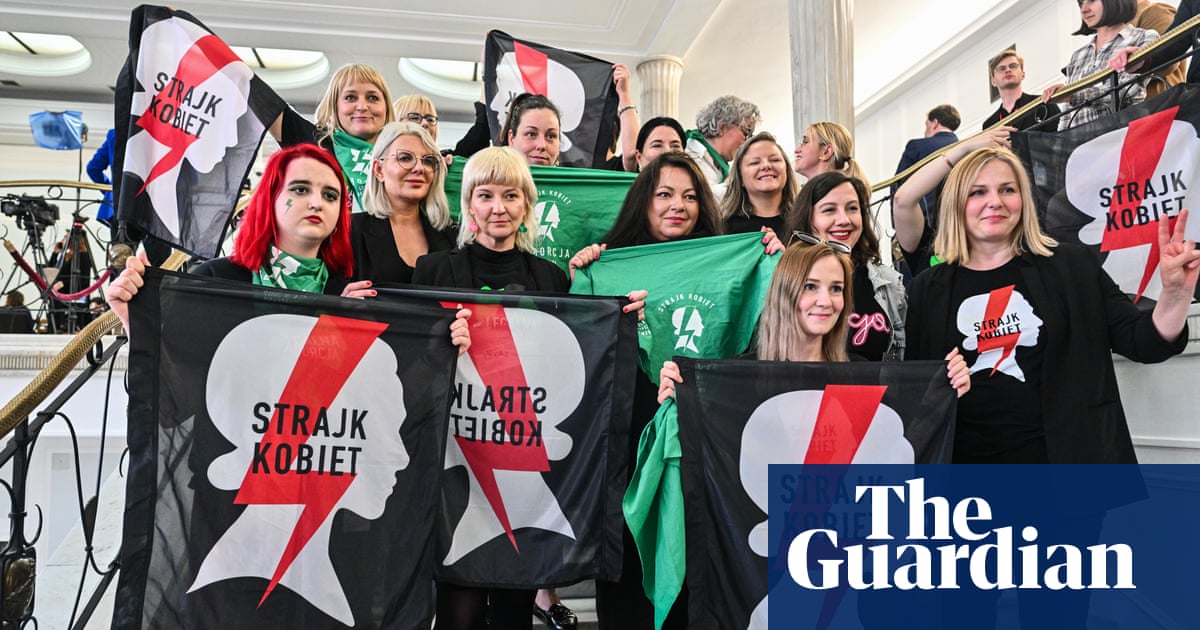
Only a handful of Lebanese lenders are expected to emerge from an economic rescue plan that many banks, who are among the government’s biggest creditors, oppose because it would wipe out $20.6 billion in shareholder capital.
Lebanon is trying to enlist the International Monetary Fund’s help and restructure around $90 billion in debt to end an economic crisis which has included a sovereign default, a currency crash and widespread public protests.
Large depositors will have to share the burden, with the option to convert part of their deposits into their bank’s capital or equity stakes in a newly-established recovery fund to receive what the government has described as “ill-gotten assets”, which it says it intends to recover.
Like other creditors, banks will have to accept haircuts on their holdings of government Eurobonds and local currency bonds, as well as losses on their exposure to the central bank under the government plan, which calls for the restructuring and recapitalization of the country’s financial sector.
“If our banking sector is going to be reduced in terms of numbers of banks, let it come normally and certainly it will without any pressure from the authorities,” said Association of Banks in Lebanon Chairman Salim Sfeir, according to Reuters.
Sfeir also expressed concern about unemployment that would stem from a further reduction of a sector, which has shrunk from 125 banks before 1994 to around 40, but remains a big employer.
The association is working on a financial rescue plan that would preserve some of banks’ capital rather than writing it off as the government has proposed.
Until the crisis, Lebanese banks helped fund the government by drawing deposits into the financial sector from the country’s scattered diaspora, leading to a huge growth of the sector.
Prime Minister Hassan Diab has been critical of the size of the banking sector, saying in March the country did not need one that is four times the size of Lebanon’s economy.
New licenses
In order to help the economy restart, the government’s plan envisages the issuance of five new commercial banking licenses, subject to having equity of at least $200 million, 50% of which should be fresh money.
The Lebanese central bank’s website lists 142 banks supervised by the central bank, although some of these are local units of foreign entities.
One banker questioned the logic of offering new licenses. “What is the purpose?” he said. “If the idea is to attract foreigner investors let them invest in the existing banks.”
But not all within the industry are against the proposals.
A financial sector source said it was a good plan that needed fine-tuning. For example, investors providing fresh equity to help recapitalize banks would be unlikely to accept a junior position to holders of subordinated debt, he said.
“There’s still a state of denial in Lebanon,” the source said. “Some people are not accepting the idea you have to restructure bank balance sheets and that it will have to have an impact on deposits and are trying to save the equity of banks.”
Arqaam Capital said in a research note it is assuming a 45% bail-in of all deposits, which would apply to all those over $100,000, with smaller depositors protected under the scheme.
Some are questioning the legal standing of the plans and Lebanon’s banking association has hired the law firm DLA Piper to advise it on key elements such as the depositor bail-in.
“A major part of the plan - if it is going to be executed - needs laws,” Ibrahim Kanaan, chairman of parliament’s budget and financial affairs commission, told Reuters on Wednesday.
This would apply to the proposed restructuring of the banking sector, the central bank and Lebanon’s public debt, he said, in addition to any changes in taxation and any deal with the IMF. The commission is reviewing the government’s plan and will propose amendments, Kanaan added.
The economic crisis and uncertainty have already led Lebanese banks, which are grappling with a hard currency crunch, to impose tight controls on withdrawals and transfers abroad.
And Lebanon’s central bank last month allowed deposits of $3,000 or less to be withdrawn in Lebanese pounds, but only at a “market” rate rather than at the currency’s official rate, which is pegged to the dollar.
Arqaam expects informal capital controls for larger deposits to remain in place until the banking sector is on a more sustainable footing, which could take three years.
And Arqaam warned in its note that foreign exchange deposit leakage could increase to $29.6 billion during the full year.
However, the government could act to try to prevent this as within its economic rescue plan it says: “it will take action in the short term to ensure a fairer and more comprehensive implementation of capital controls.”











